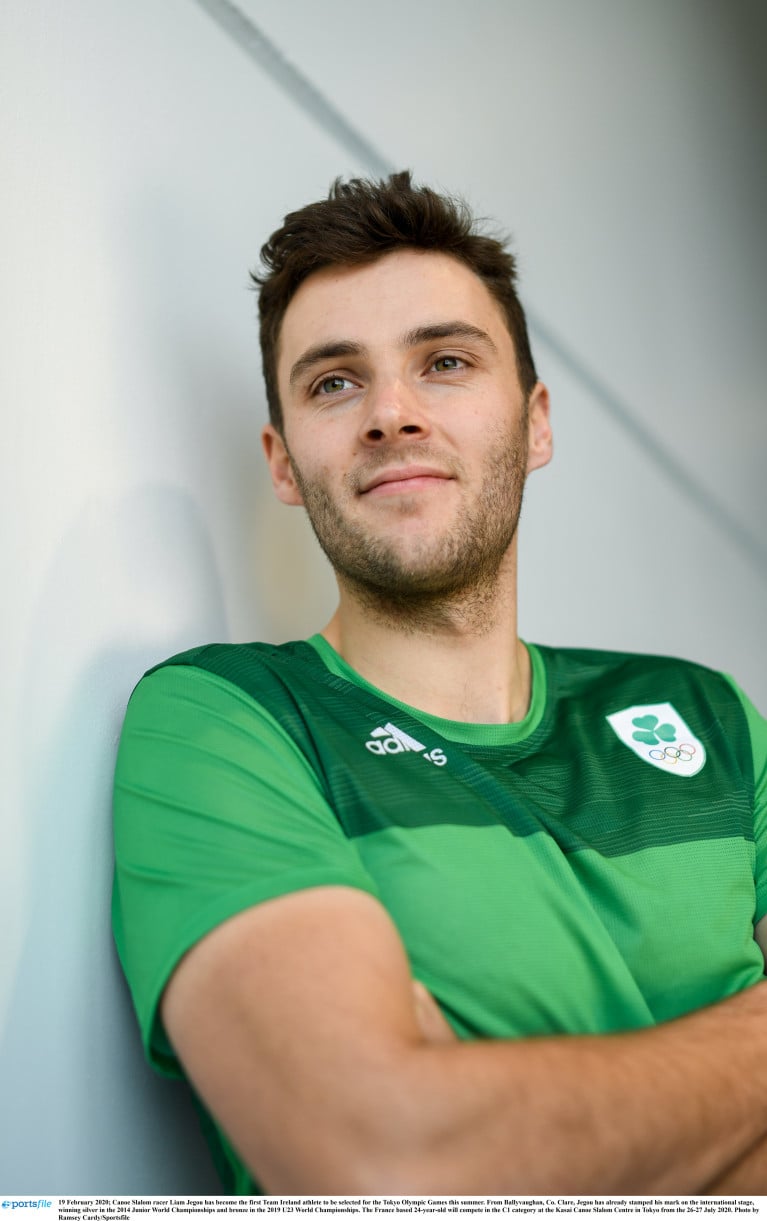Displaying items by tag: Business Class
Ireland Team to Fly Business Class to Tokyo
The Olympic Federation of Ireland (OFI) will fly athletes, including rowers, canoeists and sailors, in business class to the Olympic Games in Tokyo. With less than five months left until the Opening Ceremony in Tokyo, the composition of Team Ireland is starting to take real shape.
Qatar Airways, who will fly the team, has a 5-star rating by Skytrax, which also awarded the airline World’s Best Business Class.
Athletes will benefit from full lie flat beds and catering to suit their nutritional routine. The mood lighting in the cabin will help adjust athletes’ body clocks to the Tokyo time zone and the cabin is pressurized to a lower altitude which equates to more oxygen and less travel and fatigue.
Speaking today, Sarah Keane, President of the Olympic Federation of Ireland said,
“We as a board and executive really want to give our athletes every opportunity to arrive in Tokyo rested and ready for what for many will be the most important competition of their lives. This is their time, and we are proud to support them with business class travel amongst other things.”
Olympic Federation of Ireland CEO Peter Sherrard said,
“For the first time, we are able to provide business class travel for our athletes, and the upgrade is thanks to the support of our sponsors, FBD, and partners Indeed and Circle K. Our shared goal is to do everything in our power to enhance the performances of our athletes.
“While we would like to be able to provide the same for the support staff, everyone on Team Ireland agrees that our priority needs to be the athletes who will be competing to represent the whole country at Tokyo 2020.”
The OFI has also teamed up with Vita to offset the carbon emissions involved with travelling to Tokyo and will make a contribution of €10,000 to support their work. Vita is a next generation Irish overseas development agency working in Africa. Their innovative programmes transform lives of women and their families in Africa by providing food security as well as access to clean water and clean cooking, while also, generating carbon emissions savings that are sold as certified carbon offsets.
CEO of Vita, John Weakliam said,
“We are very proud that Team Ireland has chosen Vita to collaborate with on climate action. By offsetting their travel with us, the Olympic Federation of Ireland is supporting some of the world’s most disadvantaged families while demonstrating the importance of flying responsibly.”
To date Team Ireland has made one official team announcement – with Liam Jegou competing in the Canoe Slalom in Tokyo. Further team announcements will be made in the coming months once final rankings, selections and nominations have been completed by athletes and sports.





























































